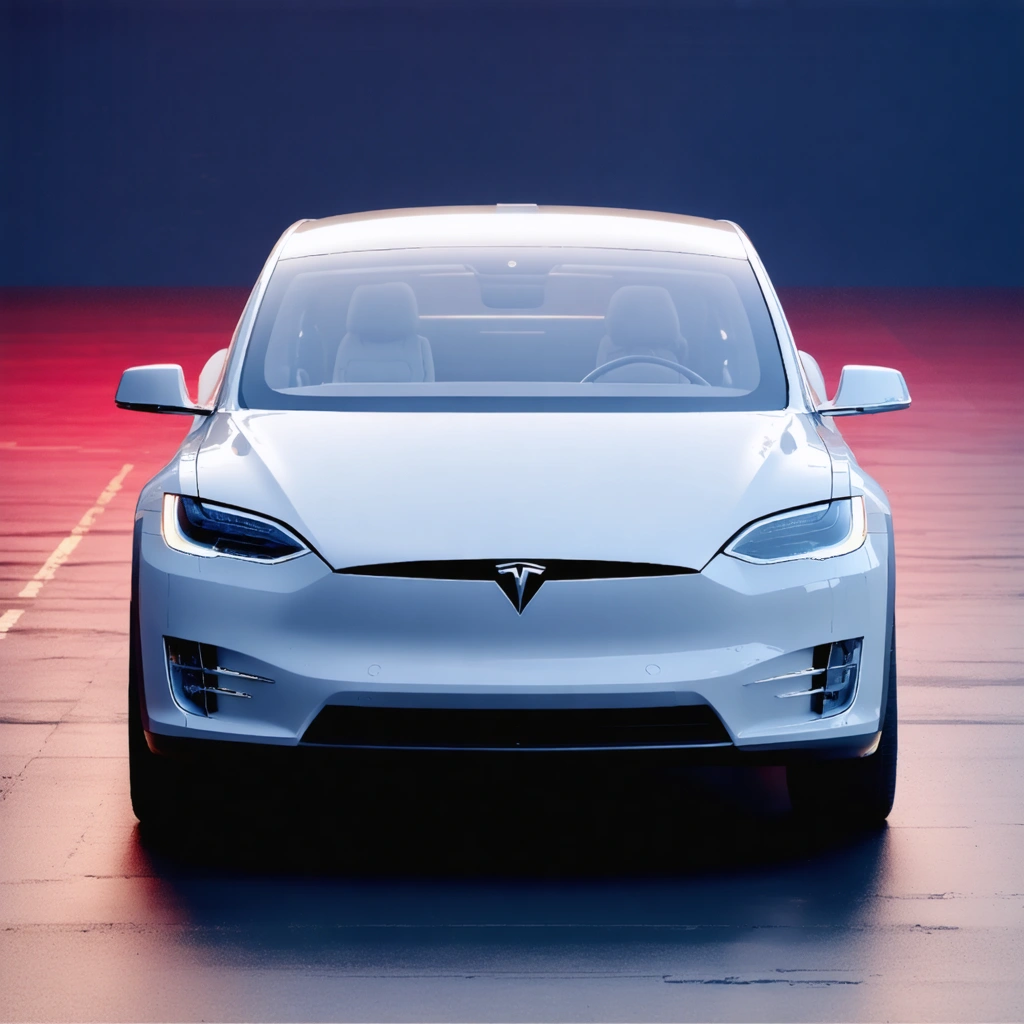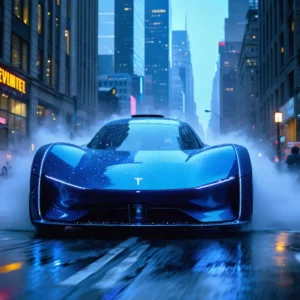
Introduction
The rapid evolution of modern business is not solely driven by technology and innovation, but also by the intricate interplay of politics, public opinion, and market dynamics. Tesla, led by Elon Musk, has emerged as a symbol of groundbreaking advancements in electric vehicles and renewable energy. However, its association with controversial political stances and supremely polarizing views has recently sparked significant backlash. This article examines the impact of these political entanglements on Tesla’s brand, investor sentiment, and overall market performance. The discussion presented here is structured to address the multifaceted challenges faced by the company, with extensive insights into both immediate and long-term repercussions.
Political Influences and Public Perception
Political Associations and Their Impact
Elon Musk’s involvement with right-wing political figures and affiliations, including ties to the Trump administration, has led to a heightened level of scrutiny. Critics argue that these associations have tarnished the company’s reputation, causing a ripple effect among stakeholders. Some of the key implications include:
- Increased polarization among consumers and investors.
- A shift in public sentiment triggered by high-profile political commentary.
- Concerns regarding corporate governance and ethics.
Such political entanglements have contributed to complex internal and external debates regarding Tesla’s role in modern business ethics and its responsiveness to evolving public values.
Public Sentiment and Media Narratives
Media narratives have played a crucial role in shaping public opinion. The coverage has often underscored the intersection between politics and business, amplifying even minor controversies. The influence of social media further intensifies these discussions, driving a polarized dialogue about the brand. Notable aspects of the current media landscape include:
- Widespread use of social media to propagate opinions and critiques.
- Extensive coverage by mainstream media outlets that comment on the political dimensions of Tesla’s actions.
- An ongoing debate over the finer points of corporate responsibility in the age of politicized business decisions.
Business Dynamics Amid Political Controversy
Elon Musk’s Dual Role as Innovator and Politician
Elon Musk is undeniably one of the most influential figures in the tech and automotive world. However, his public statements and political leanings have significant implications for Tesla’s ecosystem. Business analysts have identified several areas where this dual role impacts the company:
- Brand Identity: Tesla’s brand, once synonymous with innovation and sustainability, is increasingly perceived through the lens of its CEO’s political opinions.
- Investor Confidence: Investors observe the political alignment and may react more conservatively in an environment infused with ideological bias.
- Market Risk: The volatility inherent in political affiliations may lead to abrupt changes in consumer behavior and regulatory responses.
This blend of innovation and political engagement has forced a reassessment of the traditional boundaries between technology leadership and political responsibility.
Impact on Strategic Decisions and Investment
The backlash stemming from political controversies is not only a matter of reputational risk but also one that bears direct influence on strategic business decisions. Companies navigating these choppy waters must consider several areas where politics intersects with their financial outcomes:
| Issue | Impact on Tesla | Potential Solutions |
|---|---|---|
| Brand Perception | Negative shifts among environmentally conscious consumers | Rebranding initiatives and transparent communication strategies |
| Investor Confidence | Heightened market volatility and cautious investment behavior | Enhanced financial disclosures and risk mitigation strategies |
| Regulatory Scrutiny | Potential legal and policy challenges | Proactive engagement with regulators and policymakers |
Through such strategic measures, Tesla may be able to address the risks posed by its current political associations and restore a more stable valuation in the eyes of the market.
Strategies for Navigating the Backlash
Rebuilding Trust with Stakeholders
Restoring trust is a multifaceted process, and for Tesla, this involves both internal realignment and external communication. Effective strategies include:
- Transparent Communication: Emphasize openness regarding corporate decisions to prevent misunderstanding and reduce misinformation.
- Moderation in Public Discourse: Adopting a more neutral stance in political commentary to minimize polarization.
- Stakeholder Engagement: Actively involving investors, customers, and employees in dialogues about new policies and strategic directions.
Implementing these strategies can contribute significantly to limiting the long-term impact of political backlash.
Adopting Strategic Partnerships and Diversification
In addition to managing public perception, Tesla can explore diversification strategies to balance its product portfolio and mitigate risks associated with politically influenced sectors. Key recommendations include:
- Expanding Global Market Presence: Entering new markets where political climates may be more favorable and less segmented.
- Diversifying Product Lines: Moving beyond core electric vehicles into complementary technologies and renewable energy systems.
- Building Strategic Alliances: Partnering with diverse organizations to create synergies that transcend political affiliations.
Such strategies not only reduce exposure to politically-driven risks but also open new avenues for growth and innovation in a competitive landscape.
The Road Ahead: Balancing Innovation and Political Precision
Looking forward, Tesla’s challenge will be to maintain its innovative leadership without falling prey to the pitfalls of political missteps. The evolving regulatory environment coupled with increasing demands for corporate accountability necessitates a balanced approach. The following steps could prove beneficial:
- Establishing an Independent Advisory Board: Involving experts from various fields, including politics, economics, and technology, to provide unbiased governance advice.
- Enhancing Corporate Social Responsibility (CSR) Initiatives: Demonstrating commitment to ethical practices and sustainable operations to offset some of the criticisms.
- Investing in Crisis Management: Building robust public relations and legal teams equipped to handle rapid shifts in public opinion.
This forward-thinking approach underscores Tesla’s potential to not only survive but also to thrive, even as its business model evolves in response to global political and economic challenges.
In summary, the backlash against Tesla is a complex narrative driven by its intertwining with political agendas and high-profile affiliations. While the company is renowned for its innovations and leadership in sustainable technology, the present political controversies present real challenges in terms of brand perception and market stability. By implementing strategic adjustments, engaging openly with stakeholders, and exploring new markets, Tesla can work toward mitigating these challenges. The dynamics of public opinion, regulatory environments, and investor sentiment will continue to evolve, necessitating that Tesla stays adaptive and proactive in its business strategies. The delicate act of balancing innovation and political accuracy is central to Tesla’s future growth, and it serves as a case study for other companies whose identities are closely intertwined with their founders’ public personas.







